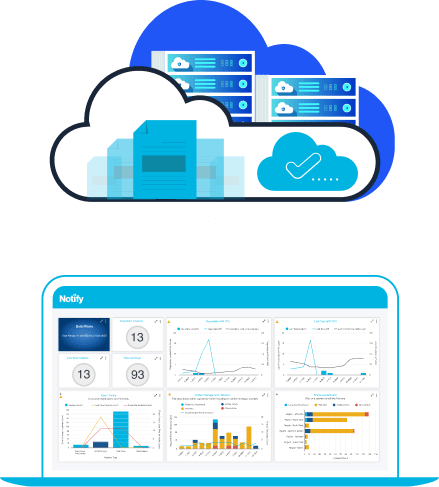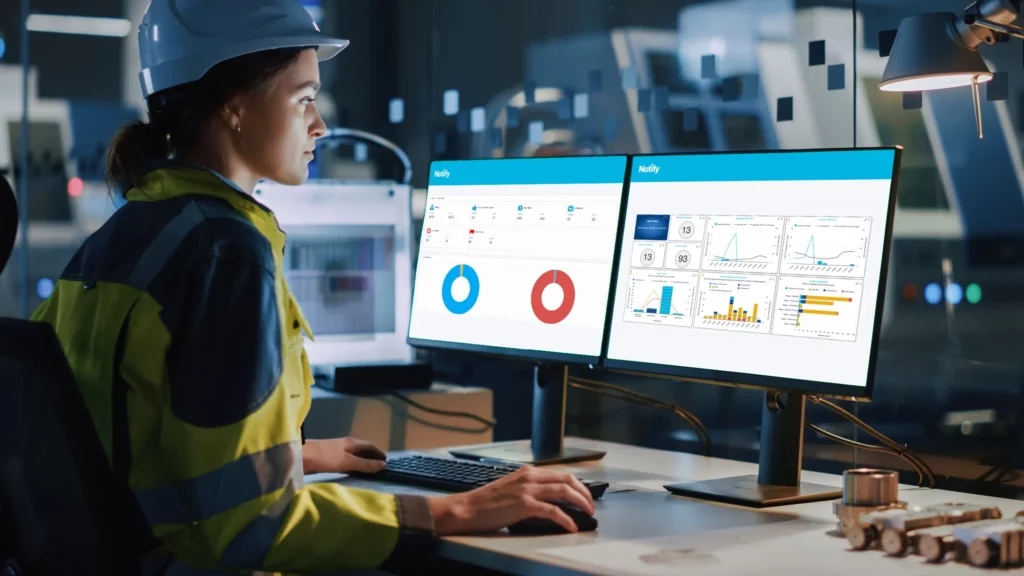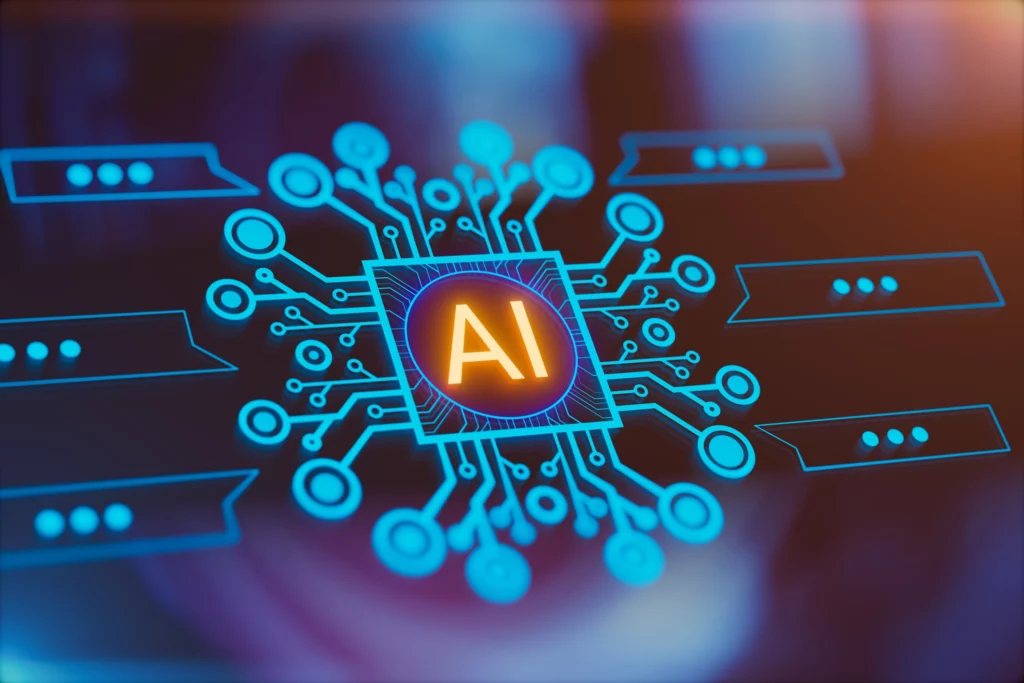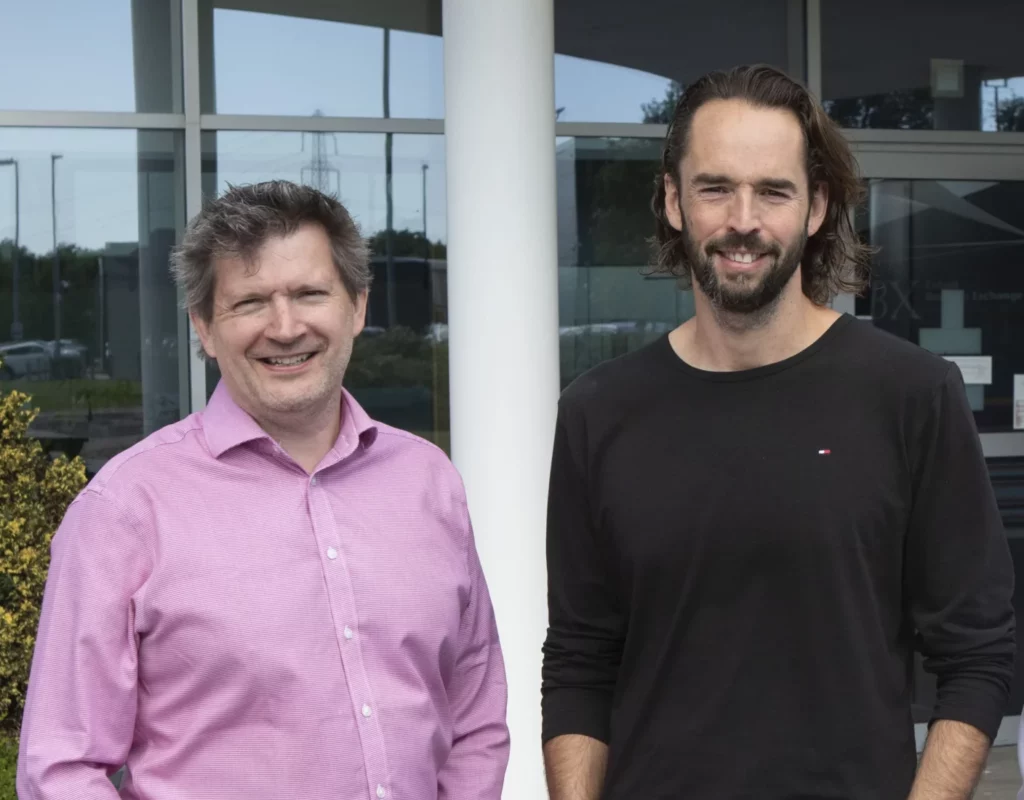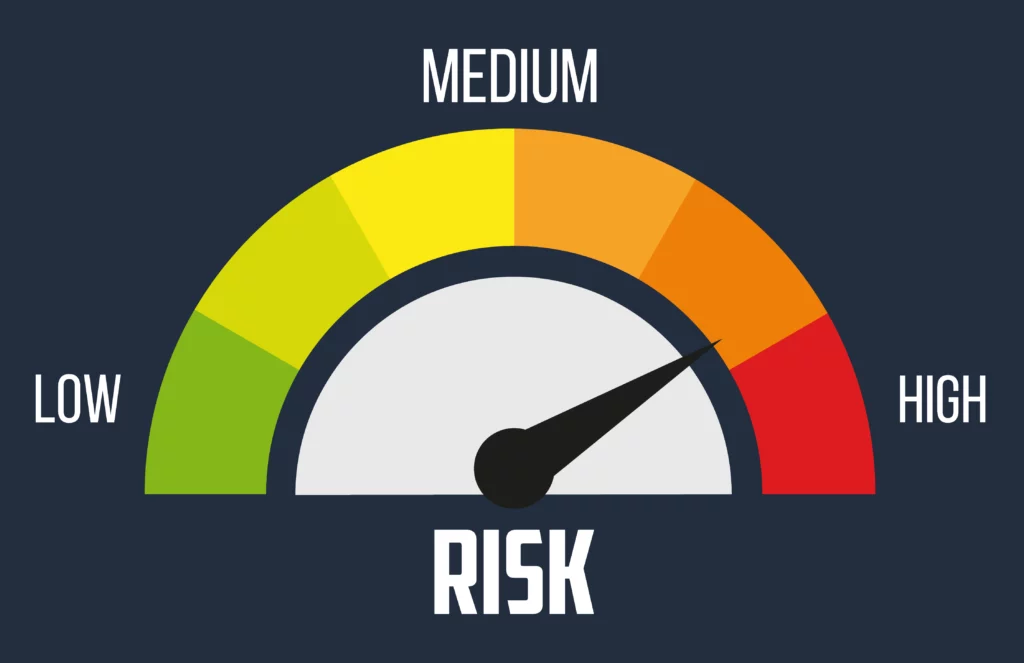Part 3
In part 1 and part 2 of this series of blogs, we discussed:
- artificial intelligence and data science;
- machine learning;
- skills and people in a data science team and
- whether your organisation can leverage data science
Today, we will expand upon the importance of data science and give some examples of how data science has brought value to businesses and people’s lives alike. Finally, we’ll try to paint a very faint picture of what the future of data science could look like, and we say “faint” because even the best predictive algorithms would have a hard time figuring out what this field would look like in the next few years, let alone decades!
Case study: Tesco’s Clubcard
For those of you that regularly shop at Tesco and have been in the past 10 years or so, you may have noticed the emergence of Tesco’s Clubcard. Like many other loyalty cards, as the name suggests, you get rewarded for purchasing your groceries and fuel from Tesco’s supermarkets and petrol stations. On top of that, however, there is an additional benefit to this Clubcard – discounts on selected products, as long as you scan your Clubcard at the checkout. It’s a no-brainer, right? You don’t even need to pay for a membership, these discounts are completely free! Or so you may think…
In fact, these discounts aren’t entirely “free” – in exchange for offers on certain items, Tesco collects data about you, a lot of it. Now you may be asking, “why would Tesco offer me cheaper products in exchange for my data? And what data are they even collecting, I never get asked anything at the till? Doesn’t this lower their profit margins?” Let’s just start off by saying that, according to The Economist, “data is the most valuable asset in the world, ahead of oil.” Why? Because data can be leveraged in ways you haven’t thought of before. Tesco’s business model around this change relies on the majority of its customers consistently using their Clubcard in order to purchase products at lower prices and in the meantime, they collect data on what products you buy, when you buy them, how many you buy, etc. and link these with your personal data which you gave them consent to process when signing up for the Clubcard. This is extremely valuable for their business as it enables them to build individual customer profiles, allowing them to take their sales and marketing strategies one step further by recommending certain products at certain times via email (such as a new, premium coffee brand when they notice that you’ve been buying a different brand every week, meaning that you’re not loyal to one brand and are therefore open to trying new things out), changing the shelf layout depending on the season (such as shelving beach products closer to the shop entrance during the summer and cosy socks during the winter).
These insights may sound obvious at first and may have you wondering why data science is really needed for this as any experienced sales or marketing specialist could think of these; but they can get really clever, such as Walmart recommending baby products to women who didn’t know they were pregnant as they matched the purchase patterns of pregnant women (turns out these women were, in fact, pregnant).
The future of Data Science
Currently, data science is a very hot topic, as it has been for the past few years. As data is the most valuable asset at the moment and very large amounts of it is generated on a daily basis (approximately 2.5 quintillion bytes – that’s 2.5 followed by 18 zeroes), having the ability to process some of this Big Data seems to be the way forward. It’s almost certain that as new methods, new businesses and higher computational power for identifying underlying patterns in these huge datasets emerge, we will experience new ways in which revenue is generated, criminal activity is spotted and prevented, and new business models will become popular and our lives, as cliché as it sounds, will change hopefully for the better.
As it stands, some challenges of Big Data which will likely be overcome in the next few years include:
- Fast and actionable data – as Big Data is useless in itself, the missing link between Big Data and business value is the ability to analyse this data and make decisions based on it in real-time.
- Privacy and security – with security skill gaps, the evolution of cyberattacks and irregular adherence to security standards, the privacy and security of data remains a hot topic, despite several regulations and laws such as the GDPR being implemented.
Similar to what we’ve experienced in the past in terms of technological advancements such as the emergence of the modern computer, the Internet and smartphones, the evolution of data science will definitely bring new challenges along, and as always, we’ll have to find a way around them, but we are pretty sure that we will eventually get there.
By Julian Gherghel – Data Scientist



